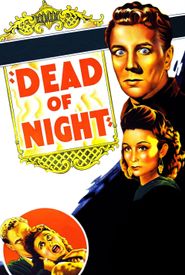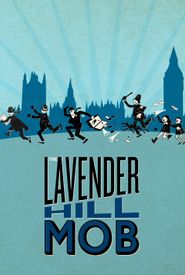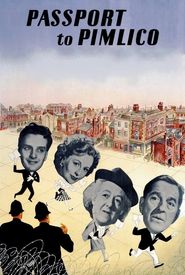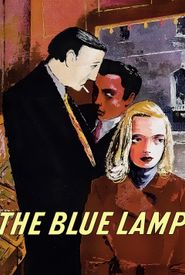T.E.B. 'Tibby' Clarke, a man of diverse talents and experiences, began his academic journey by graduating with a law degree from Cambridge University. However, his true passion lay in writing, and he soon found himself working as a writer for a magazine in Australia, followed by a stint as a freelance journalist in London. Clarke's versatility was evident as he took on various roles, including working on Fleet Street, in advertising, as a door-to-door salesman, and even briefly serving in the police force.
Clarke's experience as a foreign correspondent based in Argentina during a military coup further honed his skills as a writer, and he went on to author five novels, the first of many major publications to bear his name. His writing career received a significant boost when he landed a contract with Ealing Studios, where he worked as a screenwriter from 1943 to 1957.
Initially, Clarke collaborated with others on his screenwriting projects, but he soon gained recognition for his solo work, including the comedy "Hue and Cry" in 1947. His subsequent comedies, such as "Passport to Pimlico" in 1949 and "The Lavender Hill Mob" in 1951, showcased his ability to craft unique and enduring stories. The latter earned him the 1952 Academy Award for Best Story and Screenplay.
Clarke's meticulous research and attention to detail were hallmarks of his work. For "Passport to Pimlico," he delved into historical precedents, exploring the concept of a medieval duchy of Burgundy and its potential impact on English politics. Similarly, for "The Lavender Hill Mob," he consulted with bank executives to develop a plausible plan for stealing gold bullion.
Clarke's ability to coax information from experts in various fields was evident in his work on "The Titfield Thunderbolt" and "All at Sea." His experience in the police force also influenced his writing, as seen in the police drama "Gideon of Scotland Yard" in 1958.
After leaving Ealing Studios, Clarke worked sporadically in the film industry, collaborating on projects such as the screen adaptation of D.H. Lawrence's "Sons and Lovers" in 1960. He received an Academy Award nomination for his work on this film. In 1974, Clarke published his autobiography, "This Is Where I Came In," which provided a fascinating glimpse into his life and career at Ealing Studios.












































